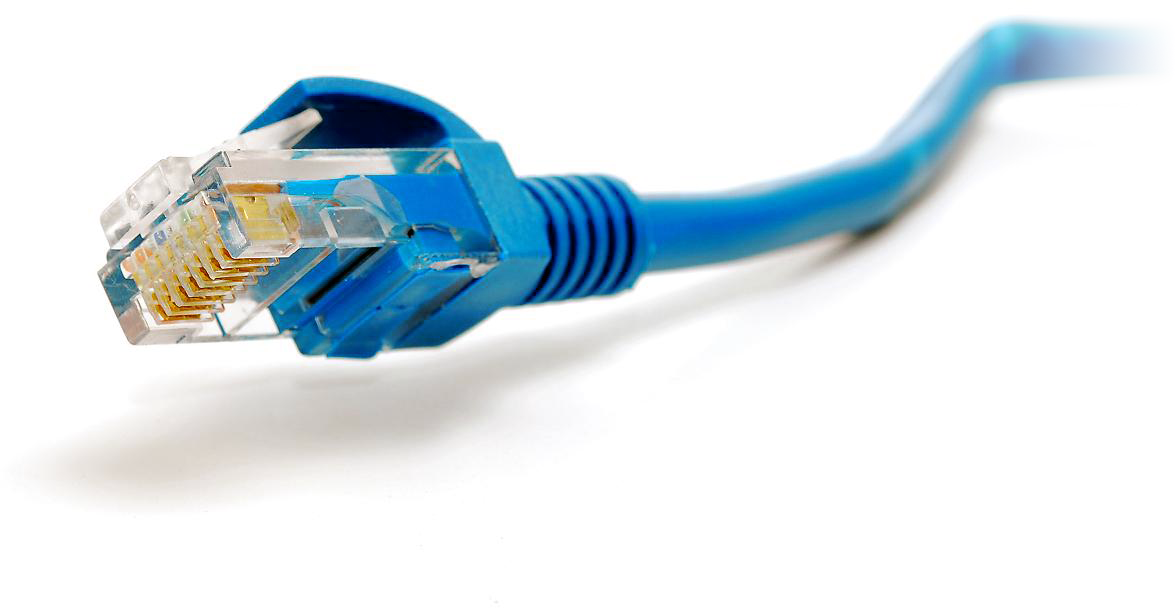APNIC Hits the Last Stage of IPv4 Allocations
It's without a doubt that we have been using IPv4 (the 192.168.0.1 addresses for example) for quite a long time. Just today, APNIC, the guys who operate the main "internet registry" in most of Australia, Pacific, and Asia, allocated the final /8 block of IPv4 addresses in its stash. With the last block being activated, 16,777,216 (232-8-2) IPv4 addresses have been reserved.
The bad thing about this, APNIC plans on rationing addressed to network operators for the remaining space.
Today the Asia Pacific Network Information Centre (APNIC) reached the last block Protocol version 4 (IPv4) addresses in its available pool, activating a major change in regional delegation policy. This event is a key turning point in IPv4 exhaustion for the Asia Pacific, as the remaining IPv4 space will be ‘rationed’ to network operators to be used as essential connectivity with next-generation IPv6 addresses. All new and existing who meet the current allocation criteria will be entitled to a maximum delegation of a /22 (1,024 addresses) of IPv4 space.
Obviously, this is not a good thing. With IPv4 demand getting higher and higher with the mobile networks growing every day, many web hosting companies are having problems getting their hands on some IPv6 addresses.
Sadly enough, there's not too much that APNIC can do at this pint with the IPv4 exhaustion date.
With no way to accurately predict IPv4 demand and the exhaustion date, APNIC instead published daily updates on the status of the IPv4 pool to keep the informed. The implementation of a three-phase management plan would absolute fairness in the final stages of IPv4 exhaustion.
I'm really hoping APNIC decides to tighten down on the IPv4 regulations. For example, if one isn't using a block of IP addressed, they must give it up. There are plenty of IP addresses out there that haven't been used in many years. I'm hoping with IPv6, APNIC might manage it a tad better to prevent business from having too many IP addresses.
With IPv4 rapidly approaching its limits, internet service providers really need to kick it into gear with providing IPv6. Without getting too technical, it shouldn't be that hard to supply IPv6. The ISP would essentially need to change their DNS servers to work with the new IPv6 technology, and of course, maybe change some hardware along the way.
Anyone can use IPv6 right now, you can even set up your own DNS server, but what are the ISPs going to do about this? With time running out very quickly, I'd love to see IPv6 fully enabled on every major ISP within the coming months.
You may view APNIC's press release at the below URL:

Stalk me on social media! Any other way would just be creepy…
Follow me: